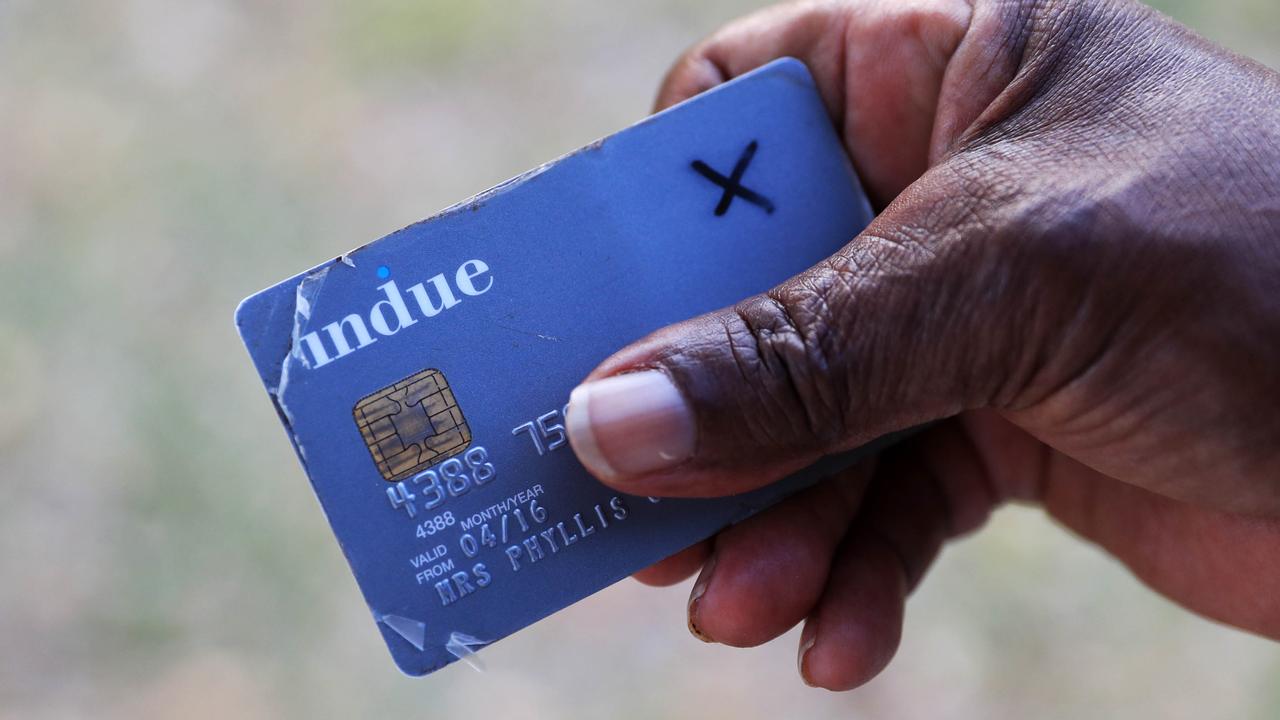Indigenous treaty nothing to be afraid of, says commissioner
Treaties would go hand-in-glove with a proposed indigenous parliamentary advisory body, commissioner June Oscar says.
Treaties have not been a “magic bullet” for indigenous people in countries where they formally exist but they are vital regardless, and would go hand-in-glove with a proposed indigenous parliamentary advisory body, Aboriginal and Torres Strait Islander Social Justice Commissioner June Oscar says.
In her first public address since assuming the role in April, Ms Oscar warned political leaders against making comments that could “scuttle the process” of constitutional reform based on last month’s historic Uluru Statement which called for the parliamentary body and a treaty commission.
And she urged Australians not to be “unsettled” by the term treaty, since it already existed in the form of nearly 1200 indigenous land-use agreements nationwide “delivering outcomes for our peoples”.
“We know that treaties as they exist in other countries have not been the magic bullet for the indigenous peoples of Canada, New Zealand or the United States,” she told delegates at the annual National Native Title Conference in Townsville.
“But having a requirement to consult with us on the nature and extent of these types of agreements can only enhance a treaty process.
“The Uluru Statement carves out a path for change and we need that to be embraced by our fellow Australians and our political leaders. The sentiments expressed by our peoples should be respected and our leaders should hold off on making statements to scuttle the process before the Referendum Council has even reported.”
The council, co-chaired by Melbourne lawyer Mark Leibler and Lowitja Institute chairwoman Pat Anderson, held its first full meeting in Melbourne yesterday since the Uluru constitutional convention, ahead of a June 30 reporting date, after which it will be disbanded.
However, a 28-person working group, elected at the Uluru convention, will then have the express task of building a broad grassroots support movement and applying pressure to ensure governments act on the report.
Noting the various anniversaries that are being observed in indigenous affairs — 50 years since the successful referendum on indigenous rights, 25 years since the High Court’s Mabo ruling, 20 years since the Bringing Them Home Report on the Stolen Generations — Ms Oscar warned of a tendency to “simply mark the passage of time between key events in our nation’s history”.
“Taking stock of our achievements is worthless if not followed by meaningful action,” she said. “Nice words do not keep our kids at home, our people out of jail or address the yawning health gap between us and our fellow Australians.”
Invoking previous calls for action, such as the 1963 Yirrkala Bark Petitions and the 1988 Barunga Statement “that hang in the halls of Canberra like cultural relics still waiting to be activated”, Ms Oscar warned that true reconciliation would be elusive “until we address fundamental questions about having greater agency over our lives and a resolution of the broader questions around treaty”.
“We need a government who has the courage to take these proposals to a referendum and into the future with a Makarrata or treaty commission,” she said.


